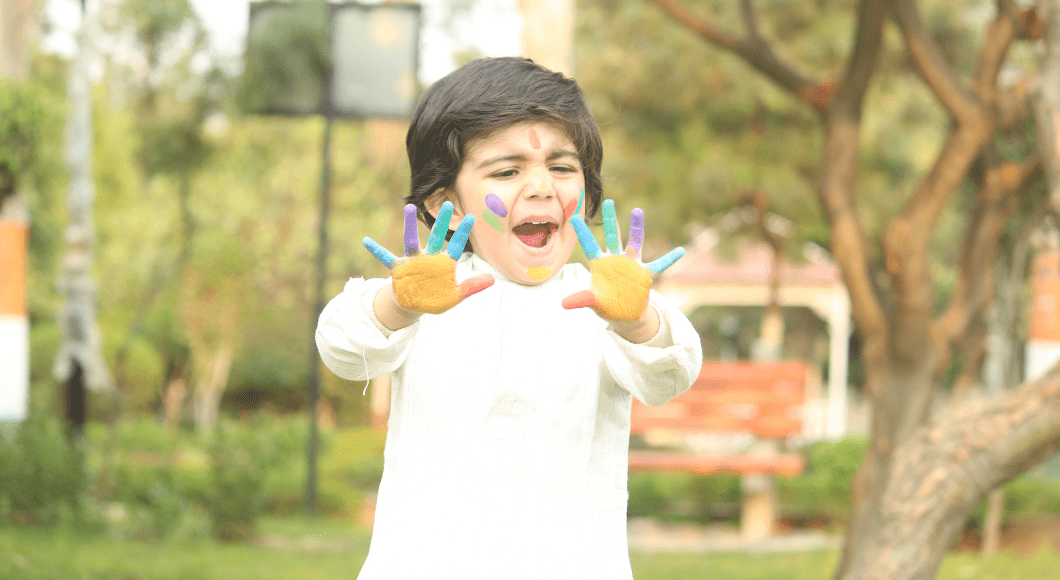 As a mom, you play a crucial role in supporting your child’s development and helping navigate unique challenges. Here are five effective ways to encourage your child with ADHD and promote self-esteem.
As a mom, you play a crucial role in supporting your child’s development and helping navigate unique challenges. Here are five effective ways to encourage your child with ADHD and promote self-esteem.
1. Be a Cheerleader with Specific Praise
Psychiatrist William W. Dodson, MD, estimates that by age 12, children who have ADHD receive 20,000 more negative messages from parents, teachers, and other adults than their friends and siblings who do not have ADHD. It’s no wonder many struggle with self-esteem and negative self-talk.
You may be tempted to get sucked into the negativity and frequent arguments but avoid giving attention to unwanted behavior. Instead we should use specific and authentic praise at a rate of four encouragements to one correction. Celebrate tiny wins and accomplishments. This will take intentionality at first, but look for intentionality when it comes to letting a sibling have a turn, putting in extra practice time, or doing chores without complaining or without being asked.
If your child responds to reward systems, this can help make praise a little more concrete. Remember that the ADHD brain often struggles with understanding of time and relates in terms of now or not-now, so keep rewards within an age-appropriate window of time.
>> RELATED READ :: A Mom’s Guide to Embracing ADHD {from Someone with ADHD} <<
Letting my son earn video game time on the weekends was not motivating for him because it felt too far away and was easily forgotten, but earning TV time right before dinner for actions that morning kept him motivated. Increase the immediacy of rewards. Expect a positive response when the brain responds to that dopamine boost!
2. Recognize and Remember Past Wins
ADHD often impairs working memory and episodic memory, making it challenging for children to recall past successes. Help your child connect the dots by creating visual reminders, such as videos, photos, or certificates displayed on a bulletin board. Encourage him or her to write down or draw accomplishments in a notebook or jar. Implement a bravery ladder — breaking down goals into achievable steps.
And don’t underestimate the power of a good gratitude practice or journal, scientifically backed to improve mood. Younger kids can even draw out a “list” if he or she isn’t able to write and spell independently.
>> LISTEN :: What It’s Like to Parent a Child with ADHD :: Momfessions Podcast :: Episode 42 <<
3. Get Curious
When your child exhibits challenging behaviors, practice patience and curiosity. Put yourself in his or her shoes and try to understand your child’s perspective. Engage in conversations to explore thoughts and ideas, asking open-ended questions to help your child feel understood.
Paying close attention to what your child enjoys and does well can help you replace any negative labels with positive words. Talk about what your child can do instead of what he or she can’t do.
Reading books about ADHD to kids can teach your child how and ADHD mind works. It makes ADHD seem like a super power rather than a limitation. Practice verbalizing what your child knows and like about him or herself, which can also help self-advocacy.
>> RECOMMENDED RESOURCE :: Activities for Kids with Differences and Disabilities in the Collin County Area <<
4. Be a Guide in Finding Strengths and Passions
A sense of purpose can activate an ADHD brain that craves high stimulating input. Discovering what lights up your child is imperative to self-regulation. Let your child explore interests . . . even if it’s something you’ve never heard of. And don’t forget to get playful and try new things together!
Expose them to new things and varied activities –- offer them new sports, camps, how-to videos on YouTube, something they can be good at and build their own confidence. Self-esteem comes from working hard for a goal and feeling good about it and makes your praise more meaningful.
Encourage your child in all pursuits. It may mean you have to expand your idea of success –- not just academics or athletic. Is she a master chef in training? Does he love to care for animals?
And don’t forget, responsibilities are another great way for kids to feel purposeful, so give your child age-appropriate chores. Our kids are capable!
>> RELATED READ :: ADHD :: You Think You Know, But You Have No Idea <<
5. Model Self-Compassion and Resilience
Last but not least, you can encourage your ADHD child by giving a voice feelings. When you validate emotions, even when you don’t fully agree or understand, you help build resilience. Model empathy and positive self-talk, demonstrating self-compassion in your own actions and words, so practice some of that cheerleading on mom, too!
Join me in adopting a simple family mantra that reinforces love, kindness, strength, and resilience you can repeat together before school drop off. It makes for a great start to everyone’s day.
Connection Over Correction
Parenting an ADHD child requires moms to take on multiple roles—cheerleader, journalist, detective, guide, and role model. By providing specific praise, helping them remember past wins, staying curious, fostering their strengths and passions, and modeling self-compassion and resilience, parents can effectively encourage their child with ADHD.
Remember, each child is unique, so tailor these strategies to suit your child’s individual needs. Embrace the journey of raising a confident and resilient child, knowing that your love and support make a world of difference.














